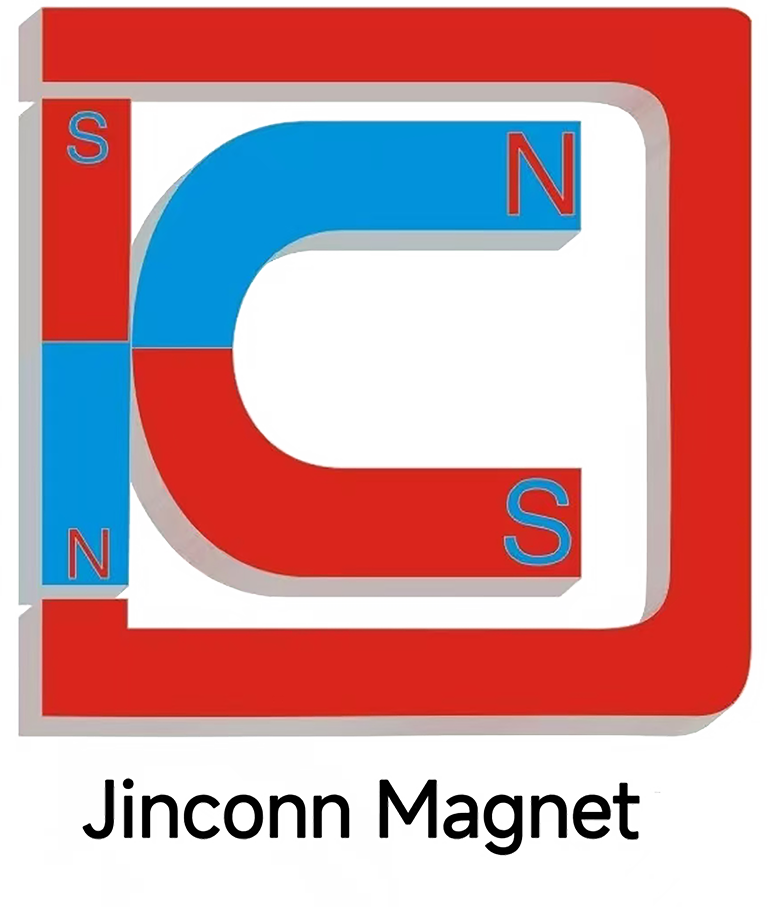Driving Innovation: Magnet Applications in Smart and Next-Generation Electronic Devices
Driving Innovation: Magnet Applications in Smart and Next-Generation Electronic Devices
As electronic products continue to evolve, magnets are playing a vital role in enabling next-generation features and driving the industry toward smarter solutions. The fusion of magnetic technology with innovative electronic applications is shaping the future of consumer and industrial devices.
Smartphones and tablets use an array of magnetic technologies—from tiny neodymium magnets in speakers and vibration motors to magnetic sensors for screen orientation, proximity detection, and even stylus recognition. These magnets allow for thinner designs and better functionality, which is why “magnetic components for smartphones” and “neodymium magnets in electronics” are hot topics among product developers.
Wireless charging has become a game changer in consumer electronics. Magnetic fields generated through inductive charging coils enable convenient, cable-free power delivery. As a result, terms like “wireless charging magnets,” “magnetic wireless charging,” and “Qi magnetic alignment” have surged in search volume, reflecting the growing demand for seamless user experiences.
In wearable technology, such as fitness trackers and smartwatches, compact rare earth magnets are used to secure charging docks, enable magnetic clasps, and enhance sensor performance. This trend also extends to the healthcare sector, where magnetic components ensure reliability and comfort in medical devices.
Automotive electronics are rapidly adopting magnetic sensors for autonomous driving, electric power steering, and advanced safety features. The need for precise, durable, and miniaturized magnetic components is at an all-time high, as evidenced by frequent searches for “automotive magnetic sensors” and “innovative magnetic materials for vehicles.”
The rapid development of robotics and automation further underscores the importance of advanced magnets. From actuators to feedback systems, magnets are integral to creating responsive, intelligent machines. The search for “magnetic solutions for robotics” and “smart magnetic components” continues to grow.
In summary, magnetic innovation is a key enabler of next-generation electronics. As technology advances, magnets are central to delivering smarter, more efficient, and user-friendly products, making them a critical focus for R&D teams and product designers worldwide.



.jpg)
Jinconn WeChat









